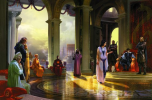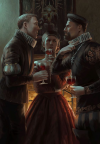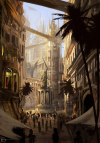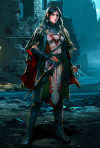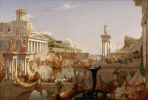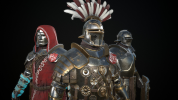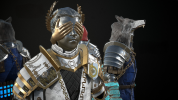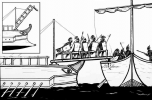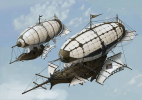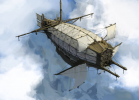LadyOfStars
Tu'er Shen the Rabbit God
Welcome one and all to a great fantasy adventure set in a dark fantasy world where danger lurks around every tree, intrigue and politics follow the whims of the wealthy nobility, and heroes rise to stand against the evil. Bizarre monsters and fanciful creature are abundant here and anything is possible with Demi-gods walking the plane. But this isn't just a story about heroes and evil is just as likely to win the day. Join the adventure and possibly shape the future of this world...or bring it to an abrupt end.
On this page you can find Established Lore about locations, factions, and characters within the world. You can also find links to New, Ongoing, or Complete rp threads.
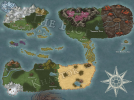
On this page you can find Established Lore about locations, factions, and characters within the world. You can also find links to New, Ongoing, or Complete rp threads.

Last edited:









